EAL: Becoming Storytellers and Poets

“There has been a massive improvement in the children’s confidence since using the programmes, especially in terms of performance and vocabulary.“
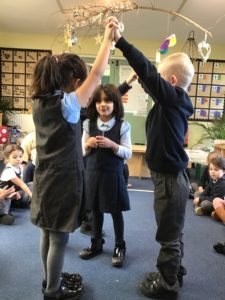
We have a high proportion of EAL learners in my setting, which has been a real learning curve. A mixture of Portuguese, German, Spanish, Polish, Greek, Albanian, Urdu, Turkish, Malayalam and Romanian is spoken in our classroom! It’s also a foundation unit, which means we have children who are 3 years old – some going on 6 – in the same room. I was looking everywhere for resources that would start helping the children to talk and introduce them to high quality vocabulary. I also wanted to make sure everything we do has the children at the centre.
Because we have such a high proportion of EAL children, one of my number one priorities is getting my children to talk – both to each other and to the adults. A lot of our children don’t have a literacy-rich home environment and they come to us unaware of how stories are structured. When I introduced Helicopter Stories, some children with English as an Additional Language needed extra support (because they didn’t have an awareness of story structure or language).
Then I discovered The Poetry Basket and The Story Basket. I knew they were really high-quality resources but that I would have to adapt them for our EAL children – particularly with The Story Basket being an audio-only programme. Teaching without visual prompts can be difficult, so we tried to be imaginative in the way we introduced it and put real emphasis on vocabulary.
For something like The Little Fir Tree, we did a pass-the-parcel with pictures and objects to bring the key words to life. To make it even more holistic and sensory, we also got a fir tree for the classroom and the children started to do observational drawings. We’d ask them questions, bringing in the language of the story and create more opportunity for quality talk and discussion. The suggested activities within The Story Basket also gave a more practical element to our learning.
The Impact
There has been a massive improvement in the children’s confidence since using the programmes, especially in terms of performance and vocabulary. Having a bank of stories and poems to draw on, from The Story Basket and The Poetry Basket, has been a great way of getting the children up in front of the class. For example, if you’ve got a child who is almost non-verbal and doesn’t like to speak, once they know a poem or a story along with their peers, that changes things. They’re not afraid to stand up and say it because their peers join in and that’s really encouraging.
The Poetry Basket helps us to introduce some new terminology, which is fantastic with the rhyming especially. The children know six or seven – sometimes more – by heart and can understand and recite them by the time they leave us. After three years, they have a really good understanding of poetry and are able to continue this into year one.
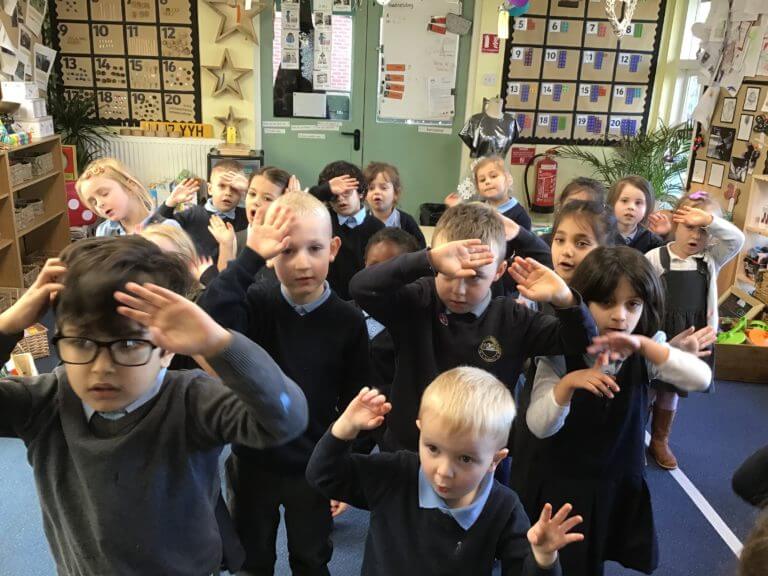

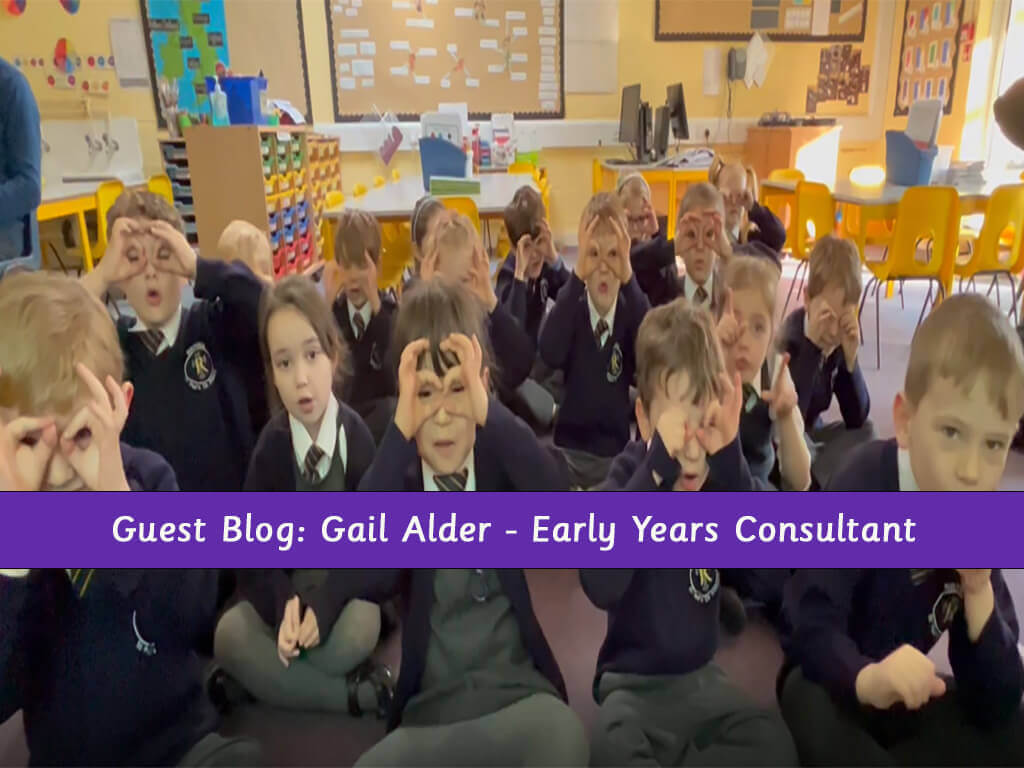
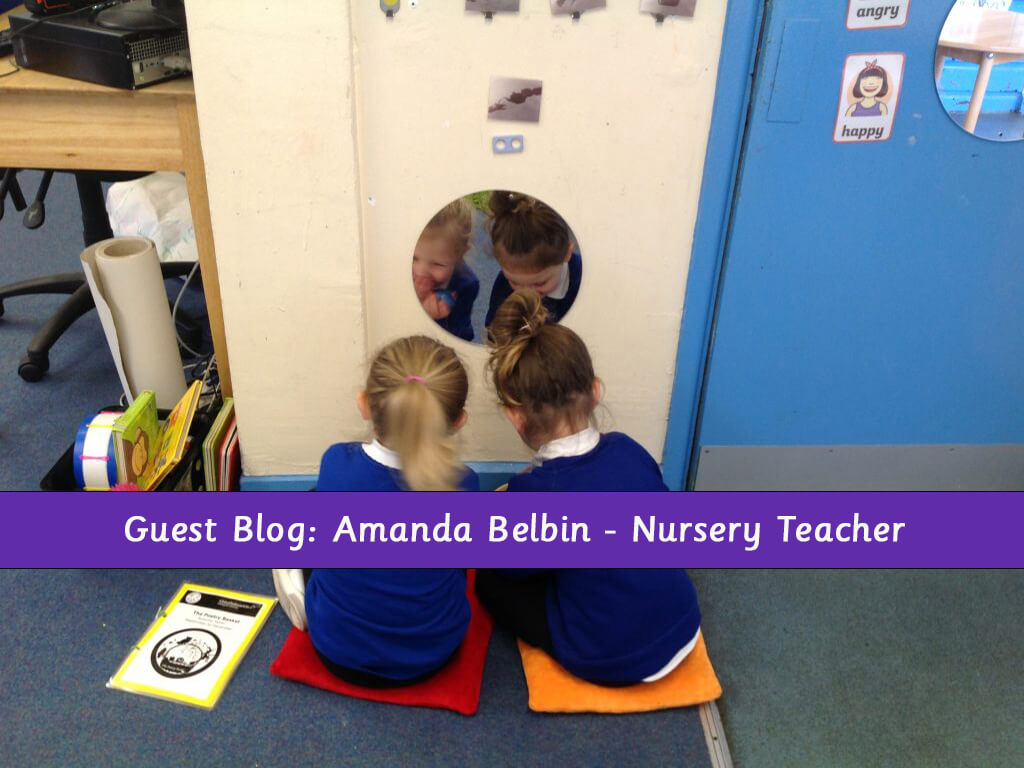


Responses